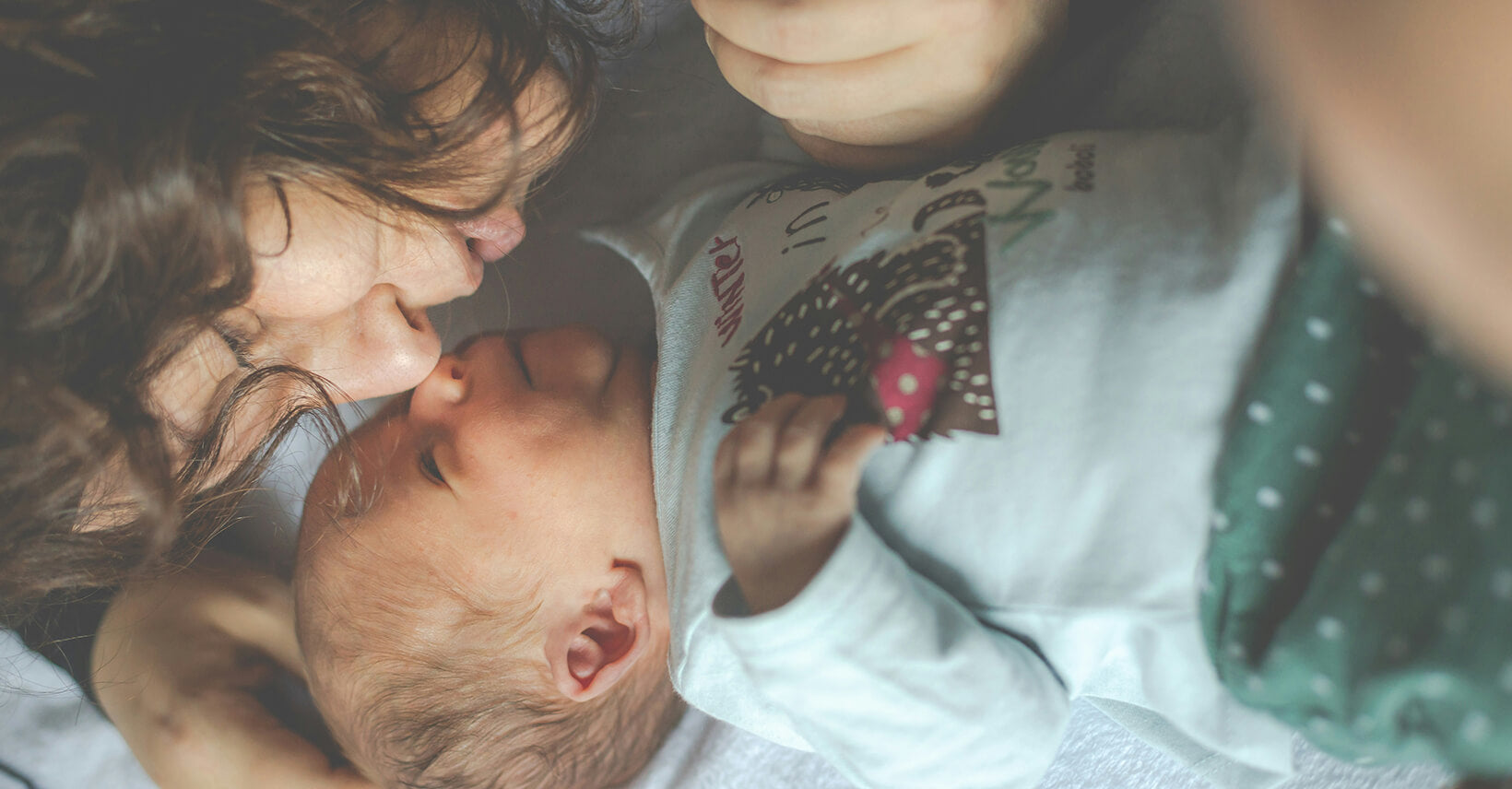


As a parent, it is important to understand your baby's sleep needs. As babies grow and develop, their sleep patterns change. Eight-month-old babies typically have wake windows, the time between naps and bedtime, which is crucial to maintaining your baby's overall sleep health. Understanding these wake window periods can improve your baby's sleep quality while also ensuring that the whole family gets the rest they need.
For 8-month-olds, the recommended wake window is typically 2 to 3.5 hours. This means babies can comfortably stay awake for about 2 to 3.5 hours before napping again. During this time, parents need to watch their baby for signs of drowsiness, such as rubbing their eyes or becoming fussy, to make sure they're getting the rest they need.
Note: Every baby is different, so parents need to keep an eye on their baby's reactions and adjust their babies’ schedules accordingly.
At 8 months of age, babies usually take 2 to 3 naps a day. The length of each nap varies, but total daytime sleep time is usually around 2 to 3.5 hours. Some babies may transition to two longer naps, while others may still need shorter naps throughout the day.
All parents need to do is watch how their baby responds and adjust their nap schedule according to their needs to make sure they are getting enough rest without being overtired.
Around 8 months of age, some babies may experience sleep regression. Below are some signs of sleep regression:
This is a normal developmental stage in your baby's growth as their sleep cycle matures gradually. Teething, developmental milestones, or several other factors can cause temporary sleep regression. Sleep regression can be challenging for both babies and parents, but with time and patience, this period can usually be overcome naturally.
So how to sleep train an 8-month-old baby? Below are some tips for your reference:
Consistency is the key when developing a bedtime routine for your 8-month-old. A regular series of activities before bedtime can give a sign to your baby that it's time to relax and get ready for bed. These activities can include taking a warm bath, reading a book, or singing a lullaby.
Making sure your baby's sleep environment is suitable for rest is key to getting successful sleep training. How to create a comfortable sleep environment?
All the above things can help parents create a calming atmosphere to encourage their babies to have a dream sleep.
Pick an appropriately sized sleep sack for your baby to prevent safety hazards. Sleep sack can offer the baby a cozy and comfortable feeling that can help him or her to have quality sleep.

Developing self-soothing skills in your 8-month-old baby is an important part of sleep training. Parents can develop their baby to fall asleep independently without other external soothing methods such as sucking, rocking, or nursing. Gradually reducing parental soothing at bedtime can help babies learn to soothe themselves to sleep when they wake up during the night.
Setting a consistent sleep schedule helps regulate your baby's internal clock and promotes better sleep habits. Parents can set consistent nap times and bedtimes every day, even on weekends. Consistency helps strengthen your baby's body clock, making it easier for them to fall asleep and stay asleep at the right time.
Giving your 8-month-old baby positive feedback is an effective incentive for sleep training. Learn to raise babies when they can settle and fall asleep independently. Also, remember to comfort and reassure your baby when needed, rather than picking them up or rocking them. Comforting will help babies feel safe and supported during sleep training.
Sleep training is a gradual process and parents need to remain patient and persistent. It is normal for babies to resist changing their sleep habits at the beginning, but with persistence, most babies will gradually adapt to new sleep habits. Parents must keep doing sleep training and be consistent.
Note: This sleep schedule is a general guideline just for reference and may vary for individual babies.
Morning:
Midday:
Afternoon/Evening:
Bedtime:
Notes:
In conclusion, it is important for both parents and babies to understand and follow their 8-month-old's wake window. Parents need to be able to recognize the signs of drowsiness in their babies and make sure they are napping at the appropriate times, and parents can help their babies develop better sleep habits and promote their growing health.

Lily Hou
An expert in sleep sack design, is a valued contributor to Kaiya Baby's blog. With a strong background in baby sleep bags and maternal care, she is highly regarded for her professionalism. Lily prioritizes baby comfort and safety in her designs, using high-quality materials. Her insightful articles on sleep bags have been featured in reputable publications and have gained a significant readership. Trust Lily to help you create a comfortable and safe sleep environment for your baby, backed by her proven track record in the industry.
Leave a comment
This site is protected by hCaptcha and the hCaptcha Privacy Policy and Terms of Service apply.